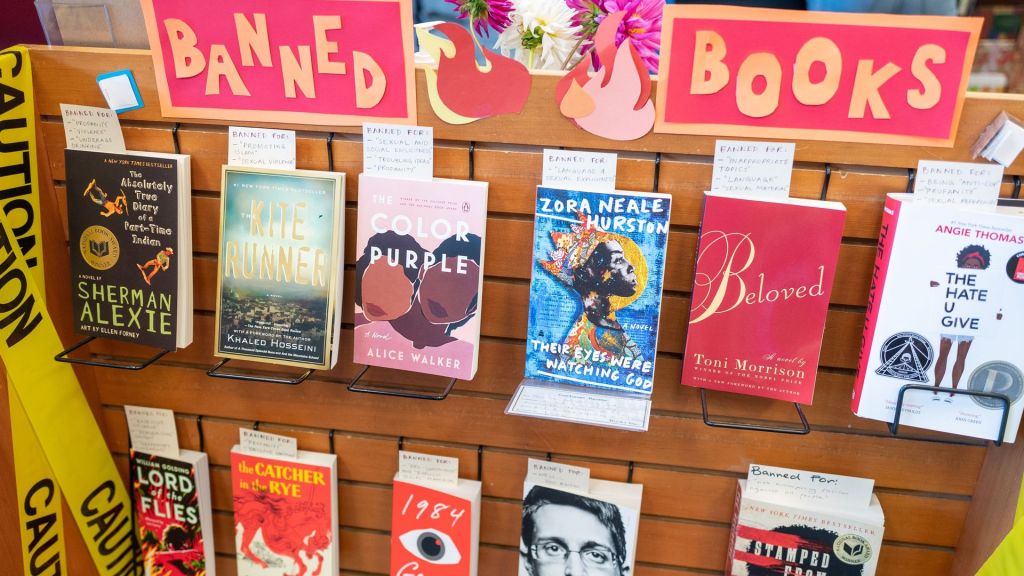Montgomery County, Texas, has reversed its decision to classify “Colonization and the Wampanoag Story,” a children’s history book about Native American experiences, as fiction. The move followed intense backlash from the community, literary freedom groups, and Indigenous advocates, leading the county to suspend the citizen review committee responsible for the decision.
The reclassification was influenced by a conservative Christian group, Two Moms and Some Books, which advocates for limiting certain content in libraries.
Critics, including local bookstore owner Teresa Kenney and Indigenous author Debbie Reese, condemned the move as an erasure of Native American history.
Kenney argued that it was not within the committee’s authority to decide historical fact or fiction. Reese emphasized the importance of the book for both Native and non-Native children to understand American history more completely.

The decision to classify the book as fiction became public after free speech advocates filed open records requests in mid-October.
One of the committee’s leading voices, Michele Nuckolls, defended the move, saying the citizen review committee was functioning as intended by reflecting community values. Nuckolls, a homeschooler and co-founder of the conservative group, regularly advocates for moving books on gender and sexuality to restricted sections and promoting Christian titles.
In response to the outcry, Montgomery County commissioners halted all decisions made by the review committee and announced plans for a new committee made up of county staff, with guidance from the county attorney. While the new committee’s formation promises more oversight, the role of librarians remains unclear.
This incident adds to a growing trend in Texas, which ranks second nationally in book bans, according to PEN America. Over 1,500 titles were removed from libraries in Texas between 2021 and 2023, many of which discuss race, gender, and LGBTQ+ issues.
Critics argue that these moves hinder access to diverse perspectives and historical truths, while conservative groups say they are protecting community values and ensuring age-appropriate content.
The debate in Montgomery County is part of a larger national conversation about book bans and the role of libraries in shaping cultural narratives.
As Texas continues to grapple with issues of literary freedom, the outcome of this local controversy may signal broader implications for how historical and social topics are handled in public institutions.









